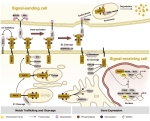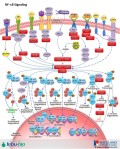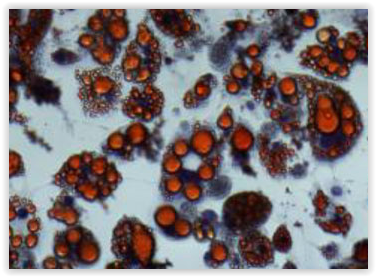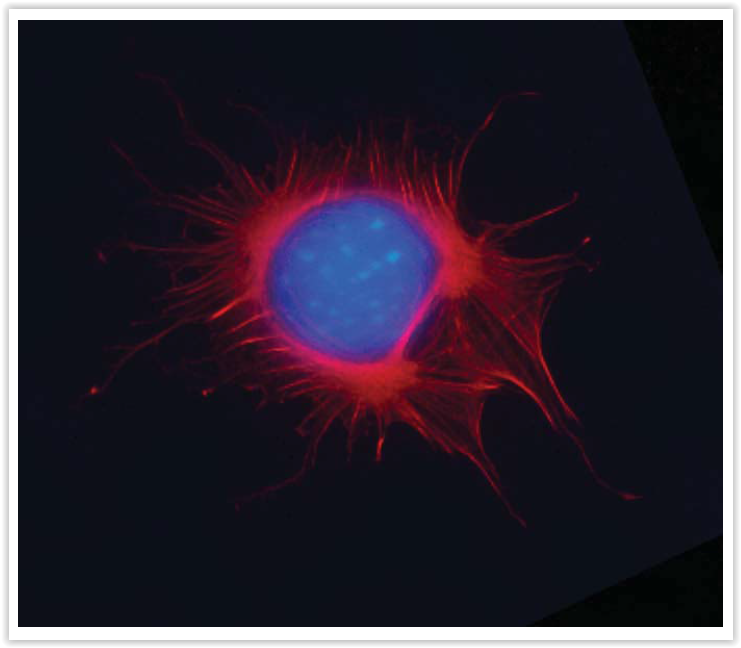Today, I’d like to invite you to take a look at the 5 posts describing a pathway that saw the most visits on our blog in 2014.
Just follow the links if you haven’t read them yet (or if you want to browse them again, feel free!).
#1 – Autophagy pathway
Autophagy is the process of “self-cannibalization” of cellular proteins or organelles through lysosomal degradation. In this post, you’ll find a selection of quality research antibodies related to this pathway.
#2 – Hypoxia pathway
Reliable markers for hypoxia represent both valuable diagnostic markers and potential targets for investigation. Here’s a panel of primary antibodies related to this pathway.
#3 – AKT cell signaling pathway

AKT (Protein Kinase B or PKB), is a serine/threonine-specific protein kinase with known key involvement in glucose metabolism, apoptosis, cell proliferation, transcription and cell migration.
Take a look here at a selection of 100% guaranteed research antibodies related to the AKT pathway.
#4 – Notch signaling pathway
The Notch signaling pathway plays a vital role in the regulation of asymmetric cell division, cell fate specification and proliferation.
Learn more about it and the antibodies related to it in this post.
#5 – NFKB signaling pathway

NF-κB (Nuclear Factor κ-light-chain-enhancer of activated B cells) is a protein complex that controls the transcription of DNA.
Here’s the updated version of the NF-κB cell signaling pathway.
Looking for a specific intracellular cell signaling pathway?
Our experts regularly cover new and updated pathways to support you in your research. If you’re looking for a specific pathway, don’t hesitate to ask your questions below!





